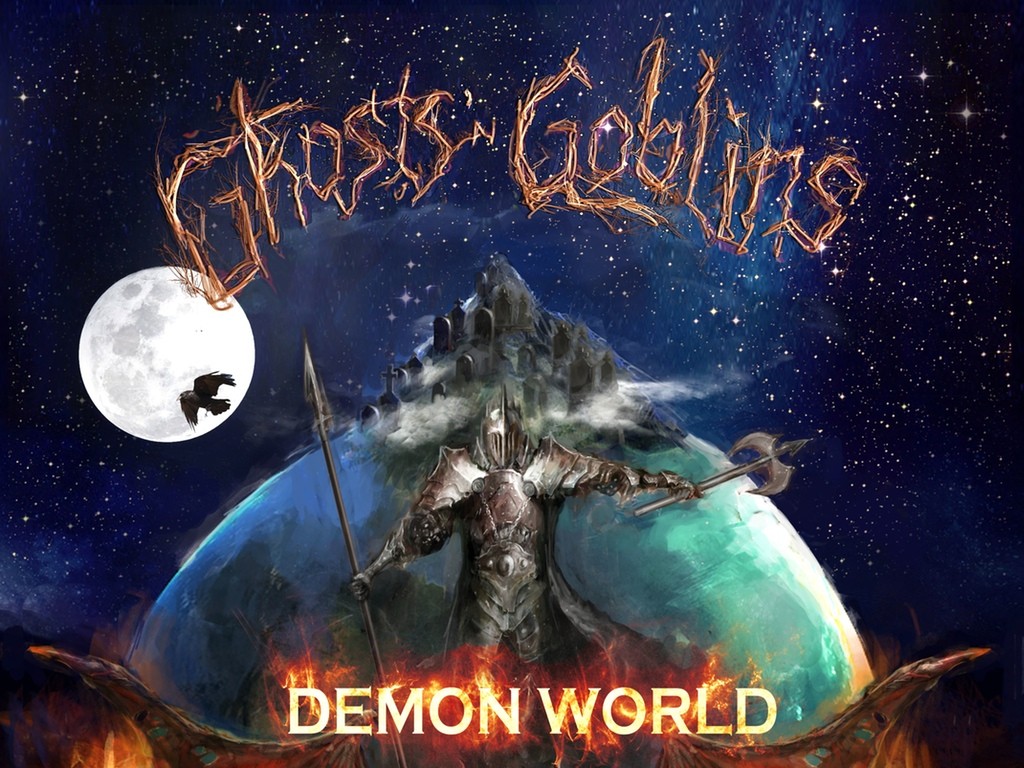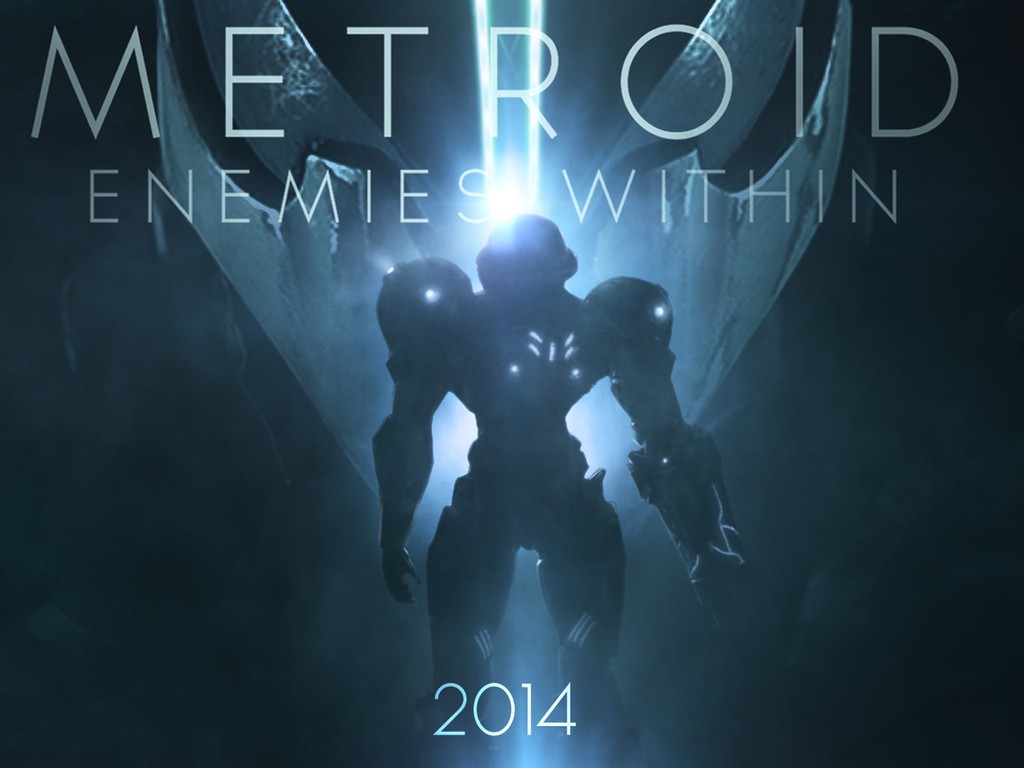The number one rule that I’m going to keep hammering on is this: Do not create a project which relies on a property which you did not make yourself. Did you make Final Fantasy, The Legend of Zelda, Pokemon, or Pac-Man? Chances are incredibly high that you didn’t. As a fan, you can certainly say “our game is like X, Y, or Z” but you are not allowed to say “our game is X, Y, or Z.” It sounds simple enough but there are many examples of folks forgetting this key point.
One salient example is the campaign Ghosts ‘N Goblins – Demon World. Everything about this pitch promises itself to be the next great Ghosts ‘N Goblins title after years of its absence from the gaming landscape. That would be totally cool if this team of developers had actually received the greenlight from Capcom first. Of course, they did not. Unlike most project creators who seem to not recognize the gravity of the situation at all at least these folks acknowledged legality in the Risks and Challenges section: “Capcom only promised to review our submission, and nothing more. We have only discussed a possibility of a developer’s license if the game is up to their standards. We do not currently have one and may not get one.”
There’s a chance this sort of stunt would work. Maybe in rare instances a campaign can receive a “trial” of sorts whereby a publisher decides to allow it if it sees massive success on Kickstarter. However, that would not be something the indie team decides. It would be worked out in advance. Short of that, you should never attempt to run a crowdfunding campaign on a property which you have no rights to use and just suggest you’ll obtain them later. Potentially profiting of a copyrighted name is a big no no. Weirdly, Capcom refuted the developer’s claim in their DMCA comments with “To its knowledge, Capcom has not been contacted by the project.”
Another example is one which doesn’t seem nearly as outlandish as Ghosts ‘N Goblins – Demon World. It’s called My Home Arcade! and it was a fun attempt to crowdfund mini arcade machines for people. These exist and folks really dig them, but the problem here was that they specifically listed games which would be included. Yep, they had a huge selection of copyrighted properties from Pac-Man to Galaga to Joust. Basically, if you can think of a classic arcade game it was probably listed right on the page. A lot of people have a mushy understanding of copyright law and assume that anything old is fair game. Yes, a lot of “old stuff” is, but depending on what’s going on the time frame before that happens can be anywhere between 14 and 95 years typically. Also, companies can renew their copyrights.
There is so much debate as to whether old computer games are “abandonware” or of digital data is “stealing” or “sharing.” No matter what you believe, law still holds precedence. The reason why some older games are distributed freely today is likely because the company which created it no longer exists, and no other company found it important enough to take ownership of. When we’re talking about huge brands like Pac-Man, though? Yeah, it’s not something you can just ignore. If at any point a campaign claims to give you a version of a game which they did not create – and do not have explicit rights to use it – you should definitely back away. In the end Namco took My Home Arcade!’s campaign down although multiple companies could have sent a request and yielded the same result.
One rule that some people seem to follow is that if you slap the words “unofficial” or “fan project” onto something then you’re completely protected. No, that’s not the case, although it will be enough to make some copyright holders look the other way. Metroid: Enemies Within (A Metroid Fan Film) looked to go with this approach. It offered a slick campaign page, talented staff, and looked pretty great. They also slapped this text at the very top of the page: “**METROID: ENEMIES WITHIN IS A NOT FOR PROFIT FAN FILM AND IS NOT ENDORSED BY OR AFFILIATED WITH NINTENDO. ALL NAMES AND REFERENCES OF METROID ARE COPYRIGHTS OF NINTENDO.*”
They deserve some credit for trying. But, as with video game campaigns, you can’t just shout this out and hope to be safe. If a company wants to take a campaign down it will regardless of how you pitch it as an unofficial thing. That’s exactly what Nintendo of America did. Some fans might get mad at this. Why does Nintendo feel it proper to stop a campaign which is just fans showing how much they love Metroid? Well, even though Nintendo is not pursuing a Metroid film right now they want to keep that possibility open. Having fan films out there can dirty those waters, so to speak. Another big factor is profiting off something the project owners did not own. It’s impossible to say what tipped Nintendo over the edge with 100% certainty, but both of these factors likely came into play.
Every so often something totally takes you off guard. An example of this is Last Year’s campaign which was successfully funded before being hit with a copyright claim. But what was wrong with it? Sure, it was clearly inspired by Friday the 13th (and other slasher films) so what exactly set Crystal Lake Entertainment off? From what they’ve said, it currently appears their biggest issues were with the usage of a Friday the 13th poster in the funding video as well as usage of hockey mask for murderer.
Most people do not ever consider that simple imagery can get them in hot water but it can! Always err on the side of caution when showing images and try not to use ones you don’t own. As for the mask, no, hockey masks as a whole are not copyrighted but “psychotic killer who wears hockey mask and kills teens with a machete” is obviously attributable to Jason Vorhees. That’s a reason why almost all slasher films since offer their killers distinctive looks – they don’t want to infringe on existing killer copyrights. As a backer, it would be hard to recognize ahead of time that Last Year would end up in a legal kerfuffle. Unfortunately, I feel that these types of grey area campaigns will become more prominent in the future.
These are far from the only examples that upon reflection seem like obvious bad ideas. Here’s just a sampling of some other obvious video game-related failures: Guitar Hero – The Comeback Tour!, Pokemon – The Great Adventure, Jazz Jackrabbit Revival, The Legend of Zelda: Hero of Time, The Legend of Zelda: Black Knight, Super Mario Bros. Z the Movie. But does implementing a copyrighted work into your own project always equate to DMCA takedowns? No – and here’s one campaign that made it: You Are Now EarthBound.
This campaign focused entirely around EarthBound, which is owned by Nintendo. Despite the obvious focus on an existing brand, everything they used within the campaign page was of their own creation. No official logos, no official music, etc. They also properly utilized the concept of “fair use” wherein criticism and commentary of a work are allowed. Basically, they did their homework before ever jumping onto Kickstarter. It might also help that FanGamer runs an online video game store of the same name and has likely understands copyright law a great deal because they need to in order to keep their shop online. Most campaign leads do not have such luck or an in-built legal consultant.
Backers must always keep copyright and IP considerations in mind when looking over a campaign. Yes, it may sound awesome to see your favorite game series brought back – but is it by someone you can directly trace to the actual company? If it appears to be someone random coming up with it, then chances are they’ll be hit by DMCA soon enough. Doing just a little research may save you the potential heartbreak of getting alerted to a legal claim against it in the future. Project creators – think long and hard before you consider implementing someone else’s copyright into your own project. 90% of the time it will leave you destined for failure. Wouldn’t it be more fun to create something completely of your own design anyhow?
Other articles in this series:
(note from the editor. After this article was written, the Kickstarter campaign for Last Year had its DMCA restriction lifted.)








